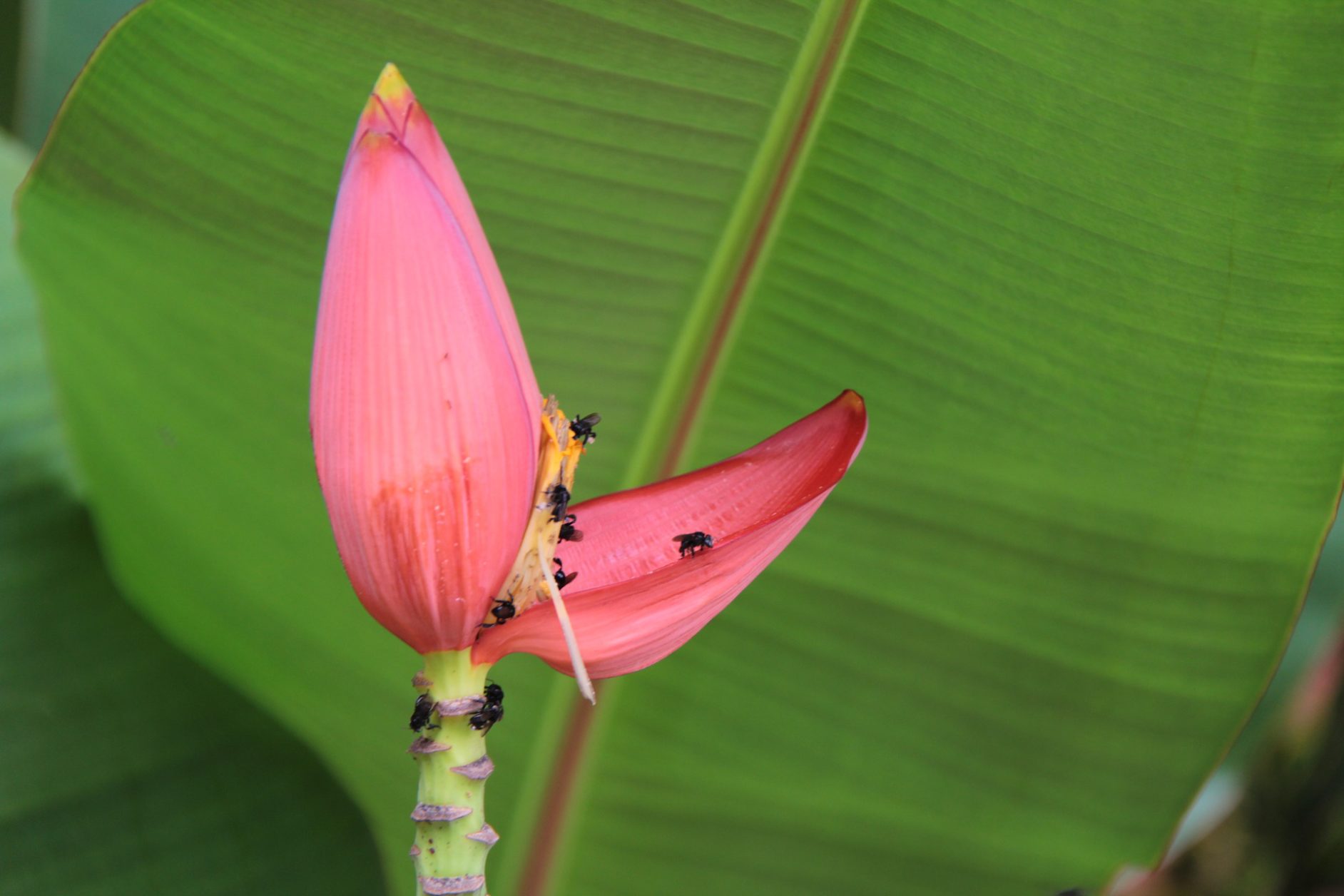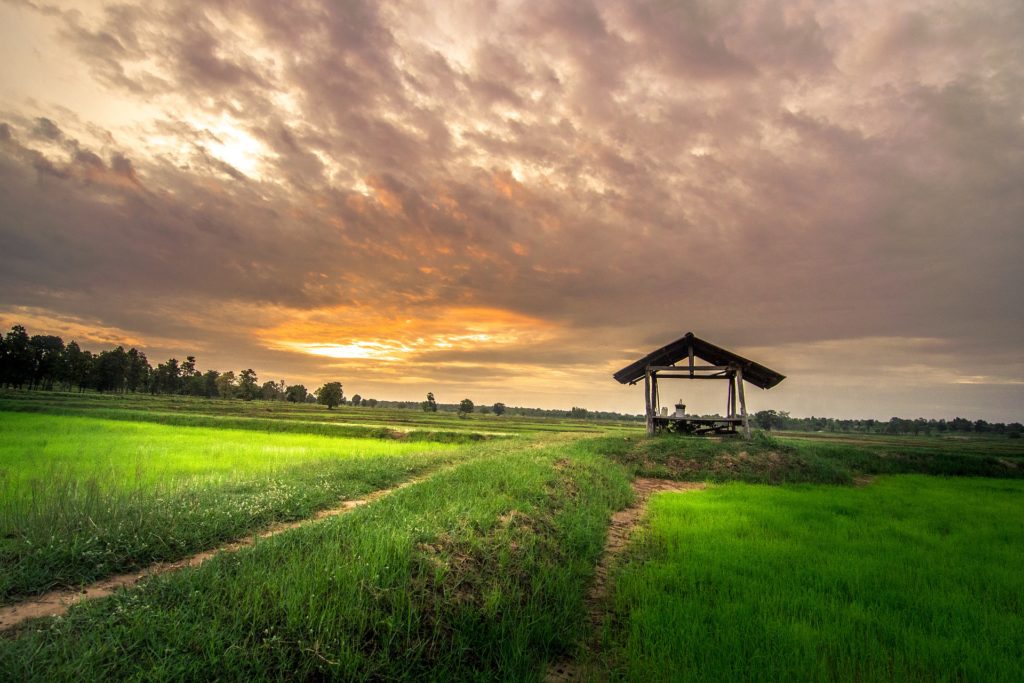
On my recent adventures outside of Luang Prabang, I spent hours on a rundown bus exploring the countryside and staring at far out lands. The landscape had an abundance of farmland. After seeing banana plantation after banana plantation, I began to wonder how healthy this was for the country and environment.
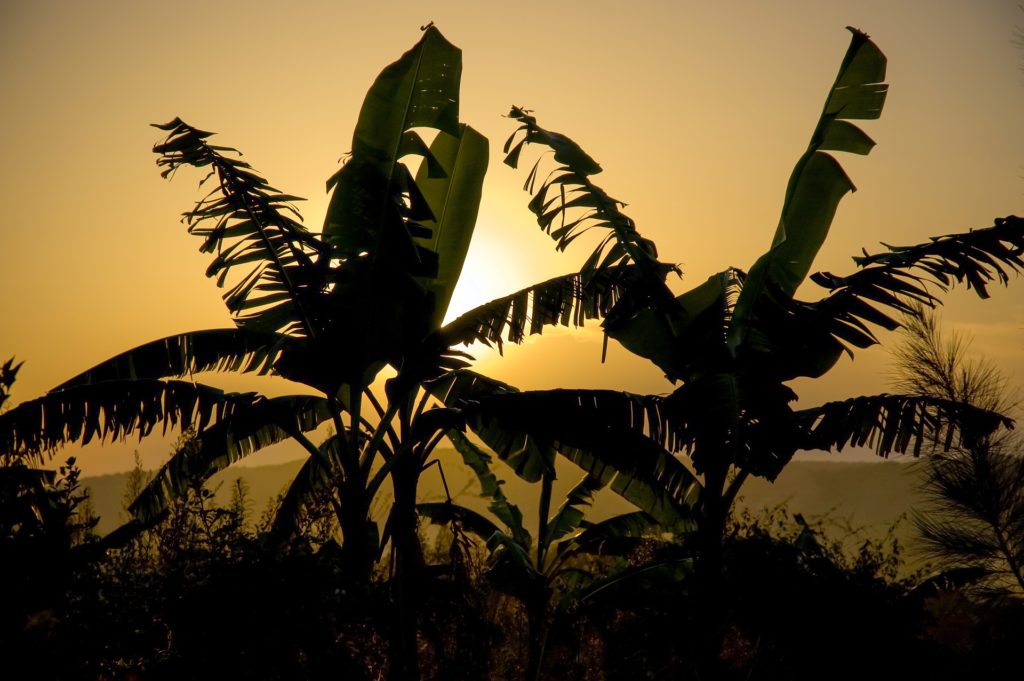
The quantity of banana plantations is presumably a positive attribute of the rural countryside in Laos. For example, there are a lot of jobs created through the creation and growth of banana plantations. But as it turns out these plantations, while having many positive attributes, also have negative effects on both the people of Laos and the land.
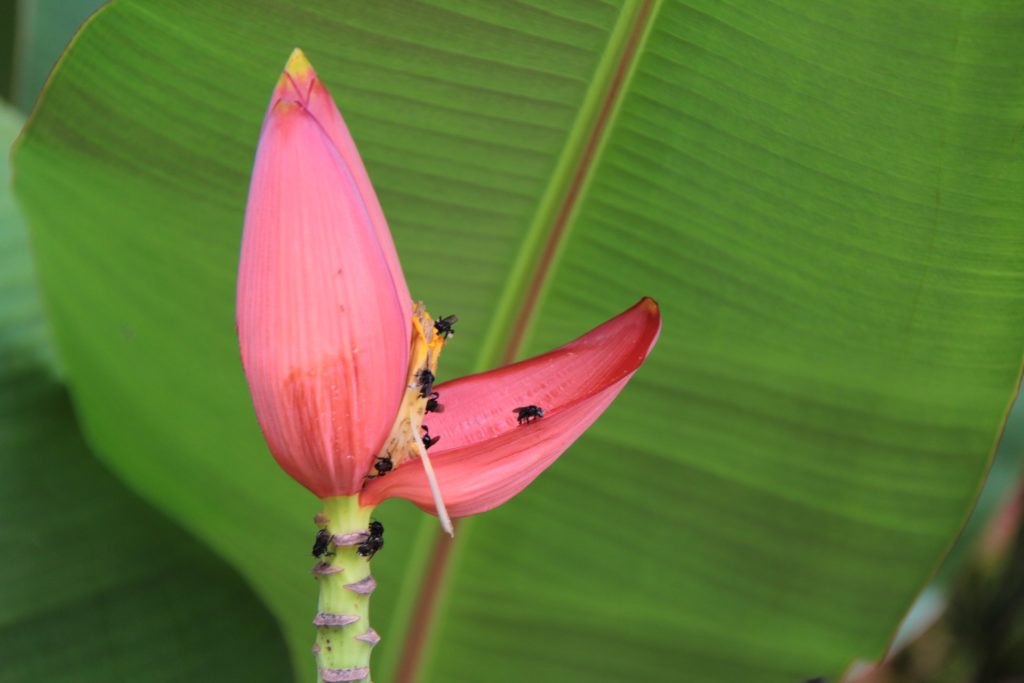
First, the practice of monocropping is risky and environmentally unsustainable. If there is a problem with the crop then it can spread across the entirety of the farm, leaving farmers empty handed.
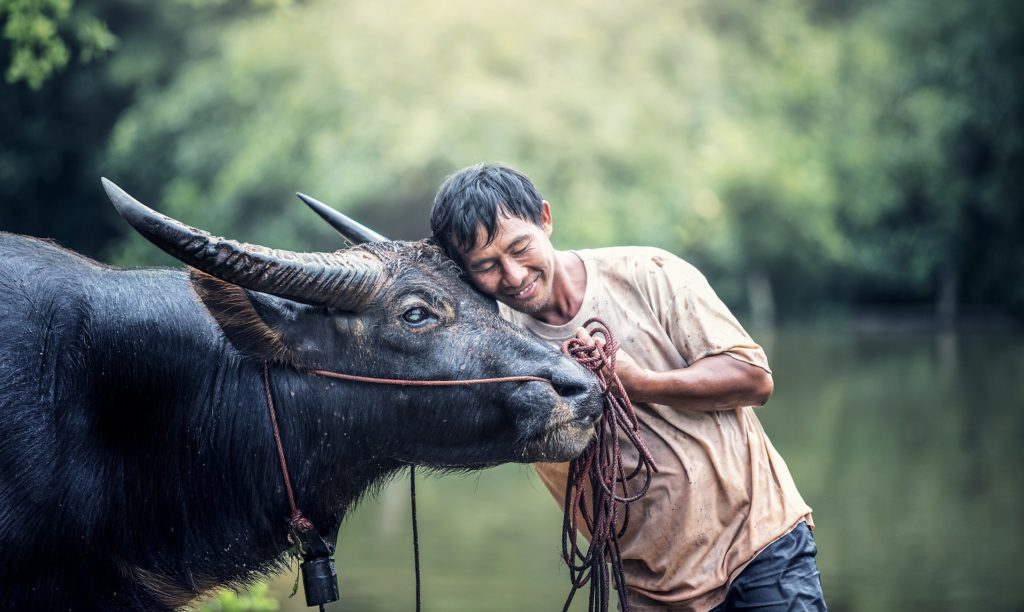
There is also the issue with the effects on the land. After the bananas are planted, other crops cannot be planted without significant soil improvement. This can be costly and time consuming. Since bananas require a lot of water, decreased water levels in nearby rivers, streams, and ponds may occur. Monocropping also causes lost economic opportunities in land use for other crops.
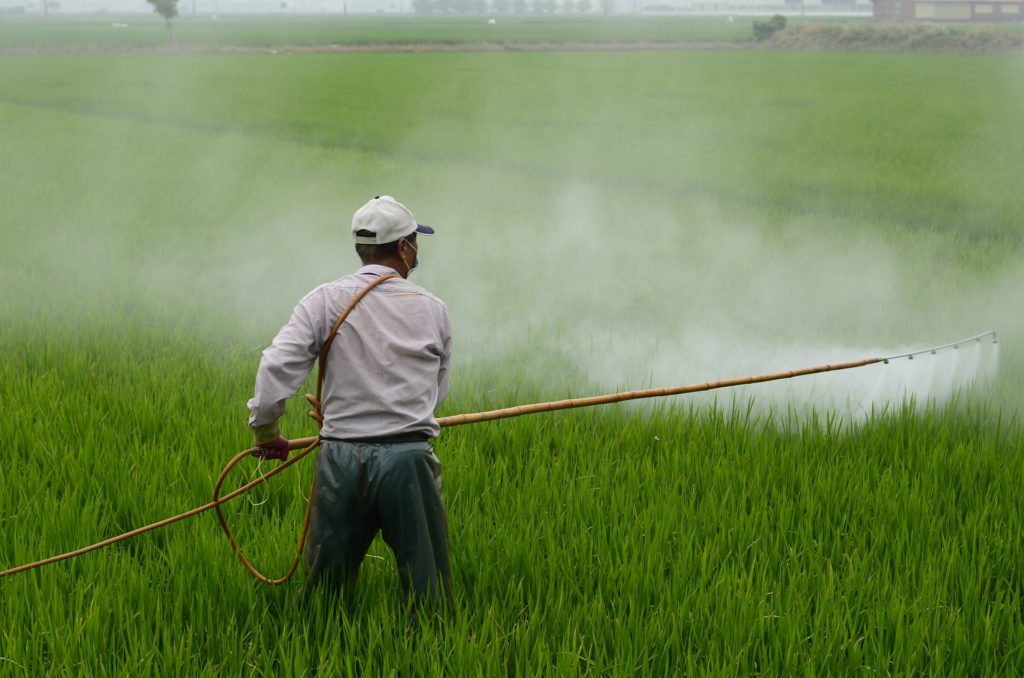
The greatest threat presented pertains to pesticides, fertilizers, nutrients, and other added chemicals. Farmers will use these dangerous chemicals as many as 40 times every harvest. This leads to a number of serious health issues for local communities, and most farmers are under educated about what safety measures must be taken to ensure proper dealing and storage of these chemicals.
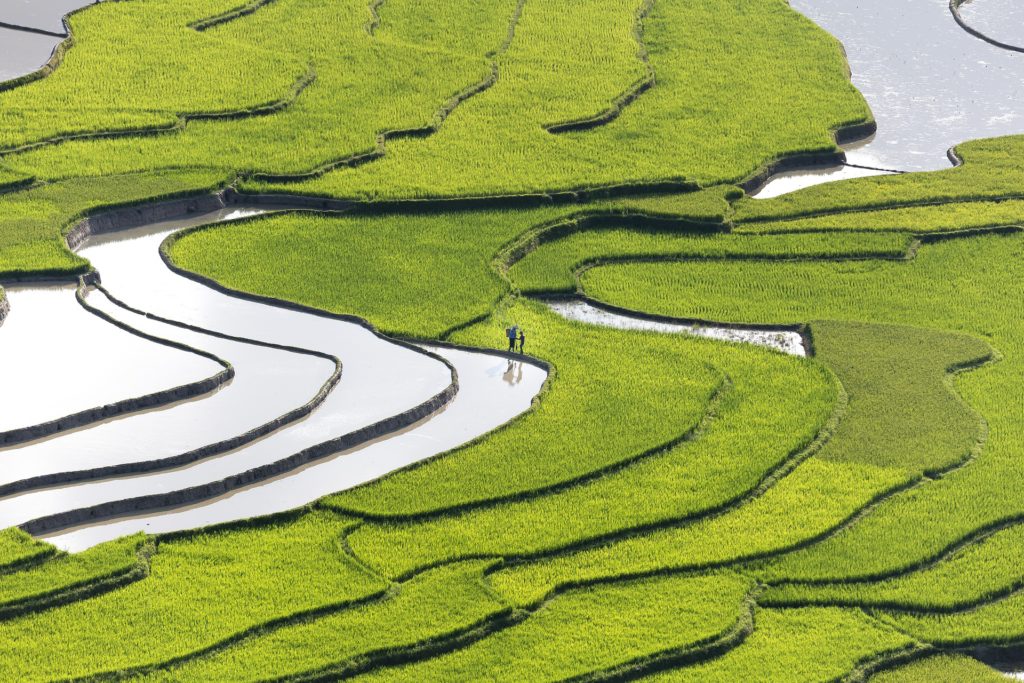
Large numbers of banana farmers and workers agree that there are increased levels of water contamination, decreased fish numbers in surrounding areas and an increase in soil contamination due to use of these chemicals, according to a study done by The National University of Laos. After considering all of this I urge everyone to think a little deeper about the effect market demand has on the heart and soul of a country. This is an issue not only constricting Laos but every corner of the world, and it is imperative that we all come together to ensure our actions reflect our desire to build a more sustainable future for the world.
This article was written by Fritz Maddrell, who serves as the Permaculture Coordinator at Pha Tad Ke Botanical Garden in Luang Prabang, Laos. For more information about our work, please feel free to visit our home page at Pha Tad Ke Botanical Garden.



